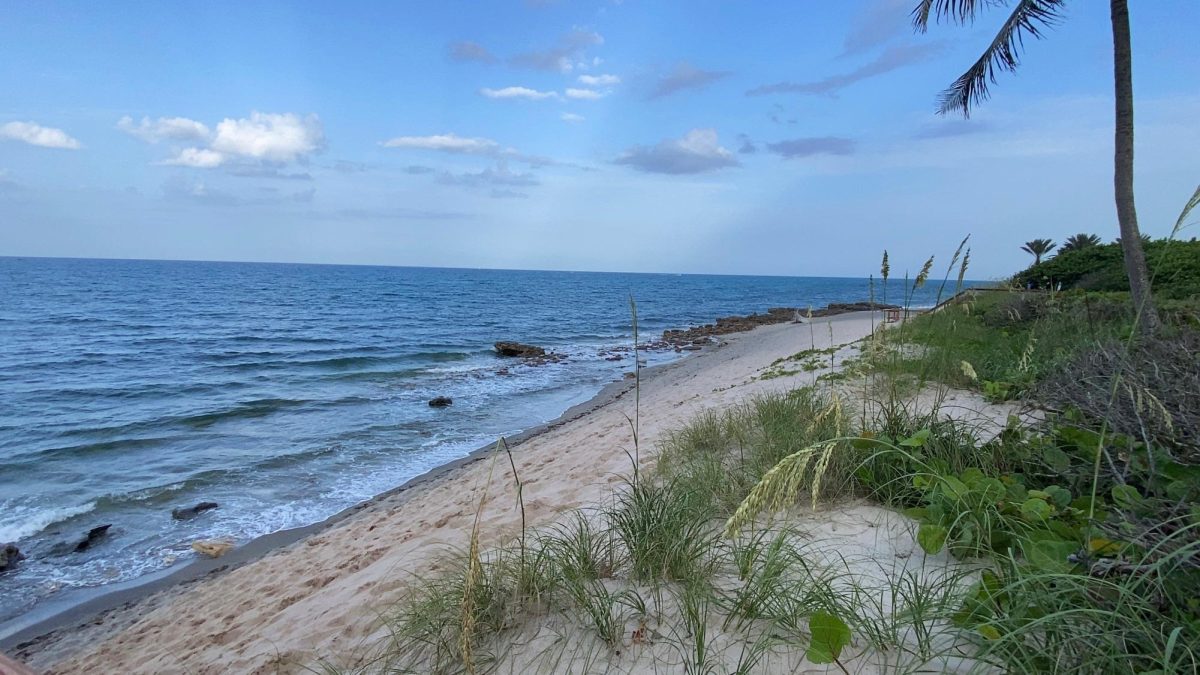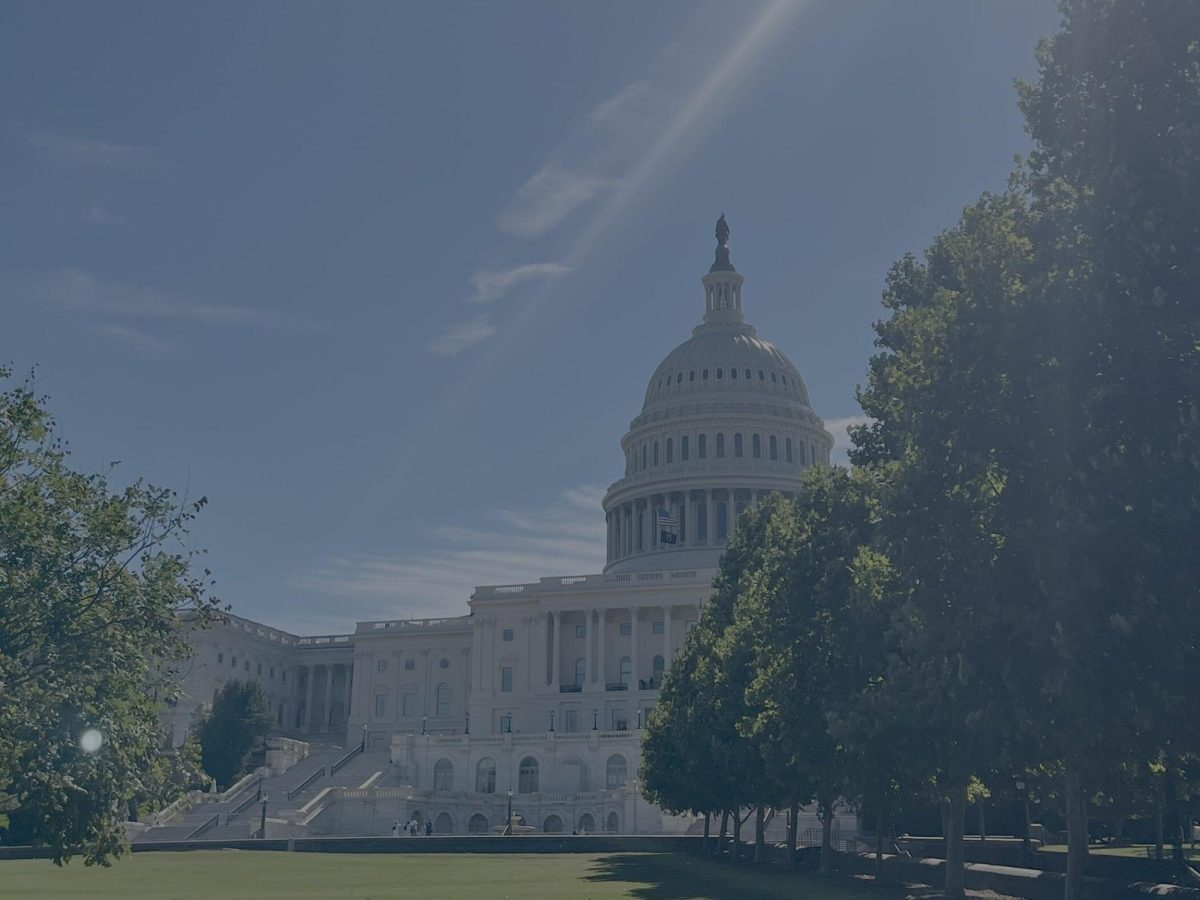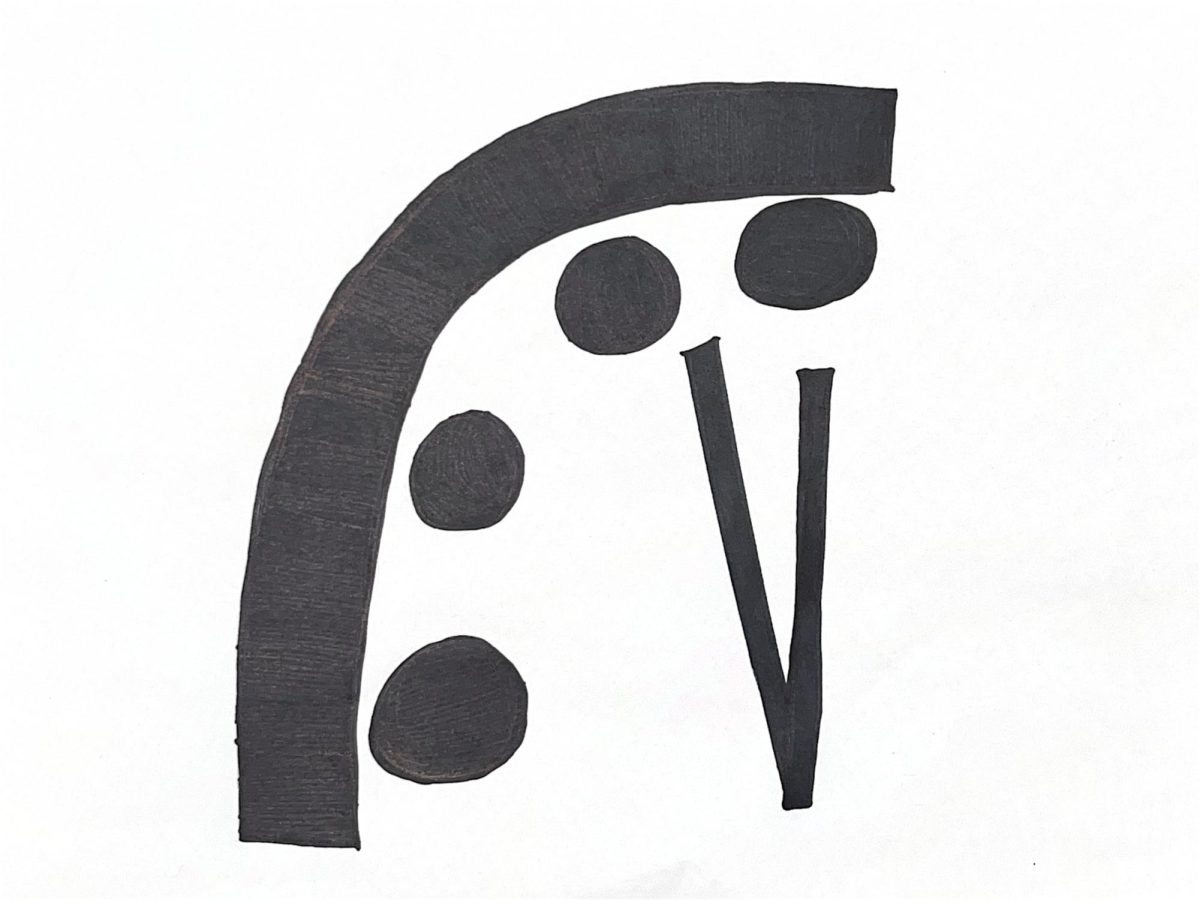On Aug. 23, 2025, the “Save Juno Beach Rally” took place at the intersection of U.S. Highway 1 and Donald Ross Road, at around 10 a.m. The residents of Juno Beach, Fla, protested against the new construction evolving in the town.
Over the past 15 years, residents of Juno Beach have commented on the numerous new developments being added to the town, but it wasn’t until 2025 that locals of Juno, Jupiter and Tequesta decided to take action.
“I’ve noticed a lot of traffic, and it doubles my time to get from place to place,” Victoria Sawiris, sophomore and Juno Beach resident, said.
Locals of Juno have started Facebook groups, such as “Stop development in Juno Beach, Florida,” which have been used to organize petitions and share information about town meetings.
Attending such meetings is an impactful way to become more aware of the current plans of Juno and advocate for the cause during the “Citizen Comments” portion of the meeting agenda. Speakers are given up to three minutes to talk about any issues they are concerned with that have not been brought up.
“Unless the people speak up, we’re going to see this like Fort Lauderdale,” Steve Allen, Juno resident, said to WPTV.
Starting around 2003, Fort Lauderdale began to build and redevelop popular areas and housing to accommodate for the growing population and to attract new residents, leading to Allen and other Juno residents’ grievances that Juno will lose its unique character and end up like Fort Lauderdale.
Throughout the “Juno Beach, Florida” Facebook group, members have been expressing their gratitude toward locals who have been actively participating in the town council meetings.
“We’re a staple in this community, and to take us out of this is like taking out your local Cheers restaurant,” Kimberly Filion, Kirby’s Sports Grille manager, said to WPEC. “It’s just really heartbreaking that concrete jungles are being brought in to take apart the quaintness of our local town.”
Juno residents also worry about the harm the construction could cause to Florida’s wildlife. Over construction can have a significant impact on wildlife and natural resources, particularly in our oceans.
“It’s often perceived that the presence of a threatened or endangered plant or animal means the end of a construction project but what it really signals is the start of a conversation about the project…The focus isn’t on whether a project moves forward, but how it moves forward,” U.S. Fish and Wildlife Service, said.









Anonymous • Sep 19, 2025 at 11:08 am
Wow!! Amazing article 🙂